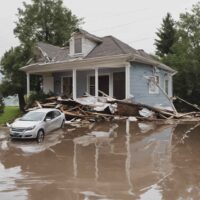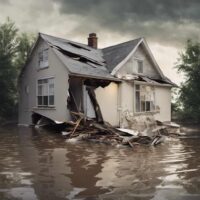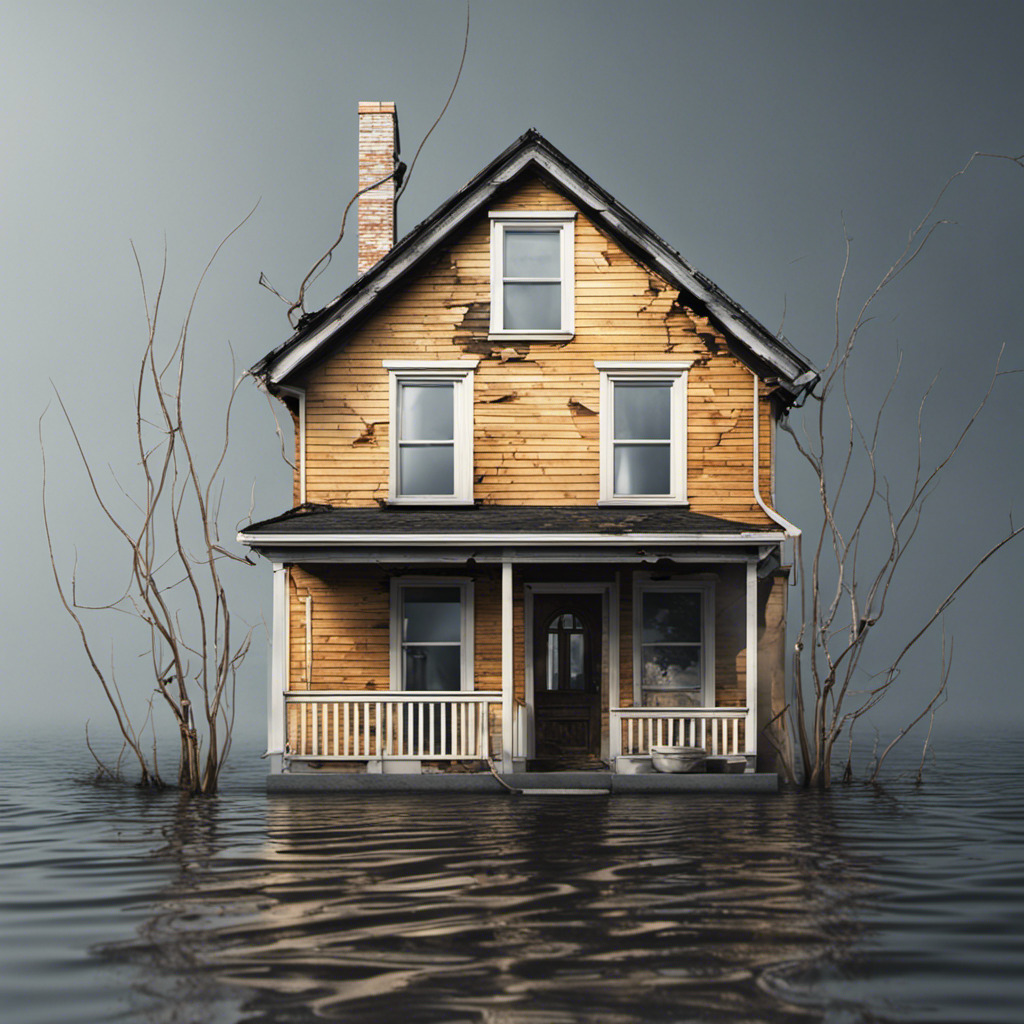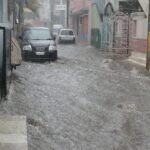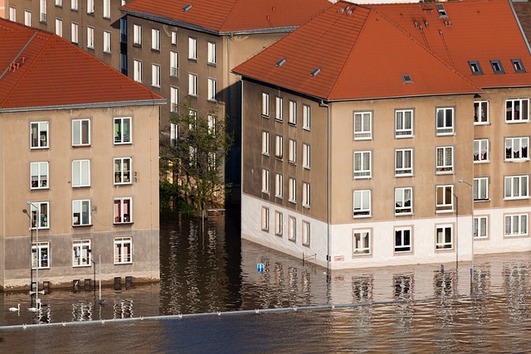
Water damage can wreak havoc on our homes, causing not only structural issues but also health hazards and financial burdens. Whether it’s a leaky roof, burst pipes, or flooding, the consequences can be severe. However, with a proactive approach and simple yet effective measures, you can safeguard your home from the perils of water damage. In this comprehensive guide, we’ll explore various strategies to protect your home, covering everything from routine maintenance to emergency preparedness.
Understanding the root causes of water damage is crucial. Often, it’s the cumulative effect of seemingly minor issues that leads to significant problems. Leaky roofs, faulty plumbing, and poor drainage are common culprits. By identifying and addressing these issues promptly, you can fortify your home against potential water damage threats. Additionally, we’ll delve into practical tips that require minimal effort and investment, making it accessible for homeowners of all backgrounds. Whether you’re a seasoned DIY enthusiast or a first-time homeowner, this guide aims to empower you with the knowledge needed to create a watertight defense for your cherished abode.
See also our post on A Comprehensive Water Damage Restoration Services Checklist
Roof Maintenance
Roofs are the first line of defense against the elements, and ensuring they are in top condition is paramount.
- Regular Inspections: Schedule periodic roof inspections, especially after storms, to identify and repair any damage promptly.
- Clean Gutters: Clogged gutters can lead to water overflow, causing damage to the roof and foundation. Regularly clean gutters to maintain proper drainage.
- Trim Overhanging Branches: Overhanging branches can damage the roof during storms. Trim them to prevent potential water damage.
- Repair Missing Shingles: Replace missing or damaged shingles immediately to prevent water infiltration.
- Install a Quality Underlayment: Adding a high-quality underlayment beneath the roofing material provides an extra layer of protection against water penetration.
Plumbing Precautions
Faulty plumbing is a common cause of water damage, but with some preventive measures, you can minimize the risks.
- Regularly Check for Leaks: Routinely inspect pipes for leaks and address them promptly to prevent water damage.
- Insulate Pipes: Insulating pipes can prevent them from freezing and bursting during cold weather, a common cause of water damage.
- Upgrade Washing Machine Hoses: Replace standard rubber hoses with steel-braided ones to reduce the risk of hose failure and water damage.
- Install a Water Leak Detector: Modern technology allows for the installation of water leak detectors, alerting you to potential issues before they escalate.
- Know the Location of Shut-off Valves: In case of a leak, knowing the location of shut-off valves can help minimize damage. Regularly check that they are functioning correctly.
Foundation Waterproofing
Protecting the foundation is essential to prevent water damage from compromising the structural integrity of your home.
- Ensure Proper Grading: Grade the soil around your home away from the foundation to promote proper water drainage.
- Install a Sump Pump: A sump pump can prevent basement flooding by efficiently pumping out excess water.
- Apply Waterproof Coatings: Waterproof coatings on basement walls can provide an additional layer of protection against moisture infiltration.
- Fix Foundation Cracks Promptly: Any cracks in the foundation should be addressed promptly to prevent water seepage.
- Install French Drains: French drains can redirect water away from the foundation, preventing it from pooling around your home.
Exterior Maintenance
The exterior of your home plays a crucial role in protecting it from water damage. Regular upkeep is key.
- Seal Exterior Gaps: Seal gaps and cracks in the exterior walls to prevent water infiltration during heavy rain.
- Properly Ventilate Attics and Crawl Spaces: Adequate ventilation helps prevent condensation, reducing the risk of mold and mildew growth.
- Protect Exterior Wood: Use weather-resistant finishes on exterior wood surfaces to prevent water damage and decay.
- Install Storm Windows and Doors: Storm windows and doors provide an extra layer of protection against harsh weather conditions.
- Clean and Maintain Decks and Porches: Regularly clean and maintain decks and porches to prevent water damage and rot.
Indoor Precautions
While outdoor measures are essential, there are also steps you can take inside your home to minimize water damage risks.
- Monitor Humidity Levels: Keep indoor humidity levels between 30-50% to discourage mold growth and reduce the risk of water damage.
- Promptly Address Leaks: Act quickly to fix any leaks, whether from the roof, plumbing, or appliances, to prevent water damage escalation.
- Use Water-Resistant Materials: Opt for water-resistant materials in areas prone to moisture, such as bathrooms and kitchens.
- Elevate Electrical Systems: Elevate electrical systems in basements or lower levels to prevent water damage during floods.
- Install a Backup Sump Pump: Adding a backup sump pump can provide an extra layer of protection during power outages or pump failures.
Emergency Preparedness
Being prepared for emergencies can make a significant difference in mitigating water damage in critical situations.
- Create an Emergency Kit: Prepare a kit with essential items like flashlights, batteries, and important documents in case of sudden water-related emergencies.
- Know Evacuation Routes: Familiarize yourself with local evacuation routes in case of severe flooding or water-related disasters.
- Invest in Flood Insurance: Consider investing in flood insurance to provide financial protection in the event of extensive water damage.
- Establish Communication Plans: Have a communication plan in place so that family members are aware of emergency procedures.
- Regularly Test Alarms and Detectors: Ensure that smoke alarms and water detectors are in working order by testing them regularly.
See also our post on A Comprehensive Guide to Restoring Water-Damaged Leather Furniture
Conclusion
Protecting your home from water damage involves a combination of proactive maintenance, preventive measures, and a readiness for unexpected events. By incorporating these straightforward yet effective strategies, you can significantly reduce the risks and potential consequences of water damage. Remember, a small investment of time and effort today can save you from significant headaches and expenses in the future. Embrace these simple steps, and let your home stand resilient against the forces of water, ensuring a safe and secure living environment for years to come.

